Graduate Student Discussion
What do students affiliated with innovation-oriented laboratories think about innovation themselves?
Four graduate students spoke about innovation while representing their four laboratories: Professor Hashimoto’s Laboratory, known for photocatalysis; Professor Kawaoka’s Laboratory, which conducts research on influenza; Professor Ikuta’s Laboratory, famous for its Egg Dropping Contest; and Professor Ohsawa’s Laboratory, in which students actively come up with new ideas through playing the Innovators’ Marketplace game.
What do these students, who work closely with such professors engaged in innovation, experience in their day-to-day lives?
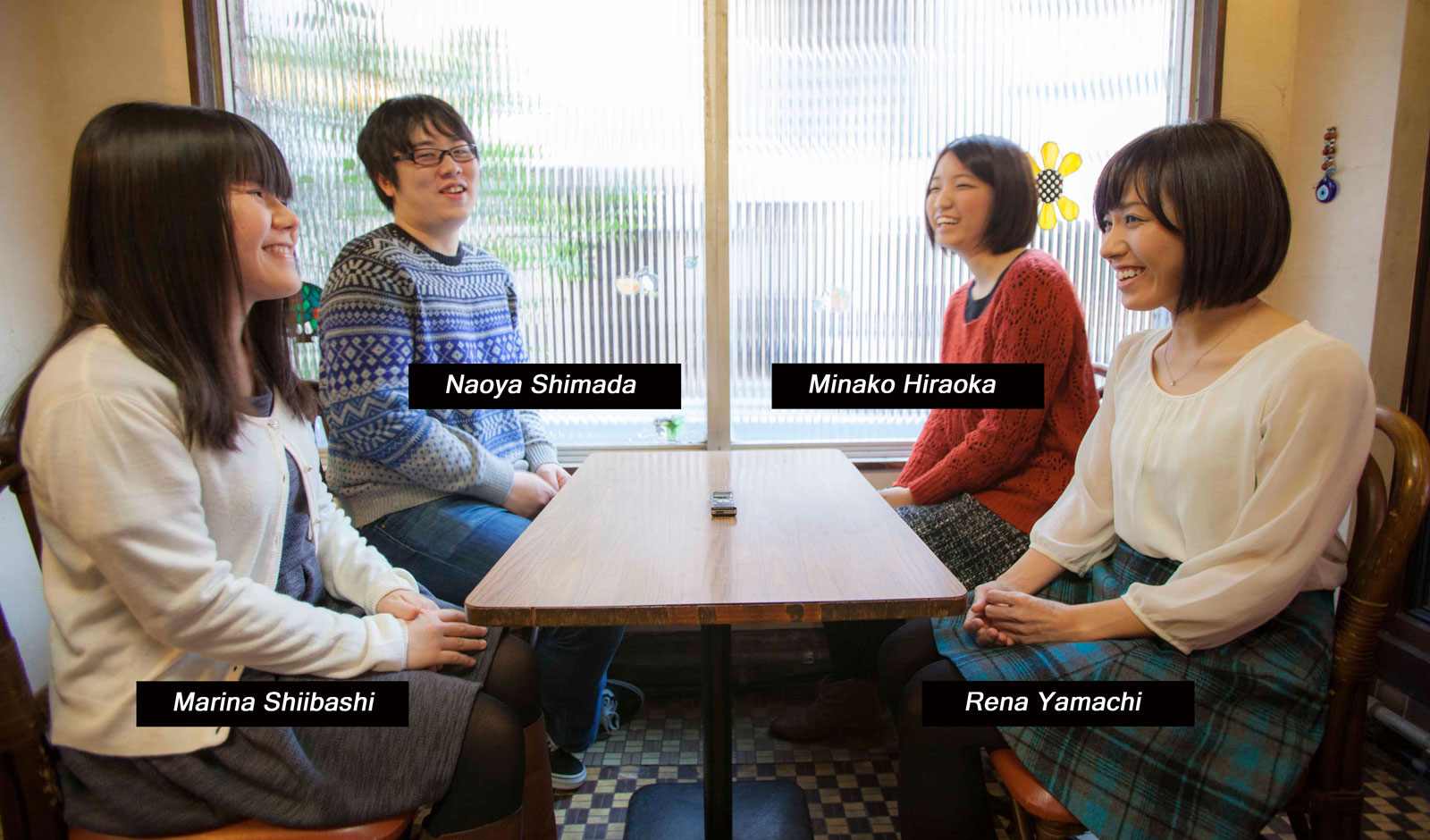
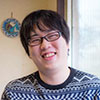
Naoya Shimada
Third-year Doctoral degree student of Ikuta Lab,
Department of Advanced Interdisciplinary Studies, Graduate School of Engineering
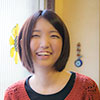
Minako Hiraoka
First-year Master’s degree student from Ohsawa Lab,
Department of Systems Innovation, Graduate School of Engineering
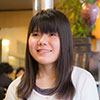
Marina Shiibashi
First-year Master’s degree student from Hashimoto Lab,
Department of Applied Chemistry, Graduate School of Engineering
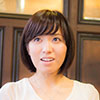
Rena Yamachi
Third-year Doctoral degree student from Kawaoka Lab,
Division of Virology, Department of Microbiology and Immunology, Institute of Medical Science
Shimada: Using an extremely small robot, I have developed a system that measures the hardness and stickiness of cells. From a biological standpoint, investigating how the hardness of a cell changes is actually fun. I want to do something new that’s related to this kind of research.
Hiraoka: Um, is that the kind of robot that you swallow?
Shimada: No, you take the cells over to the robot and examine them both under a microscope.
Shiibashi: I am conducting research on how to prevent the corrosion of iron caused by microorganisms. Usually, corrosion occurs when oxygen takes electrons from iron, but I am researching the mechanisms by which corrosion is caused instead by microorganisms taking the electrons.
Yamachi: What kind of microorganisms are you researching?
Shiibashi: Sulfate-reducing bacteria. They can be found deep in the ocean and in other low-oxygen environments.
Hiraoka: I’m doing research in communication. Basically, I use a computer to look up communication records, such as the minutes from meetings and messages on Internet forums, and see how participants change topics, what the important topics are, and things like that.
Yamachi: What sorts of areas are you looking at topics in?
Hiraoka: Right now, I’m focusing on the question time sessions in the Japanese Diet. I was thinking that I may be able to figure out why it looks like politicians are fiercely debating policy when they’re actually not even engaging each other at all.
Yamachi: I’m doing research on H5N1, which is a highly pathogenic strain of avian influenza. At the moment, this virus doesn’t spread from person to person easily. If the properties of the virus change, though, who knows what may happen? That’s why I’m trying to isolate the genetic changes necessary for the virus to become more transmissible between people.
Shimada: This may sound like a stupid question, but aren’t you scared when handling viruses?
Yamachi: Yeah, it’s scary! I have to wear protective clothing in the lab to keep from getting infected, so it can get pretty hot and stuffy in there, too.
Interviewer: So, what do all of you think innovation is?
Shiibashi: My understanding is that without innovation, change occurs slowly and successively, and with innovation, change occurs instantly and intermittently. I got this idea from a book I read, though.
Hiraoka: Well, the Department I’m in is called “Systems Innovation.” I don’t really understand what that’s supposed to mean, but I think that maybe that’s what innovation is ? the product of things or concepts that we do not understand the meanings of.
Yamachi: I’m not really sure, either. I think that skillfully identifying the elements that cause inconveniences in everyday life may lead to innovation.
Shimada: As the famous saying goes, “Failure is the mother of invention.” I think that to create something through a combination of existing items is also a form of innovation. The iPhone, which combines a cell phone and a touchscreen, is probably what you would call a product of significant innovation.
Hiraoka: I first heard the term “innovation” during one of my classes here, and it really struck me as a concept epitomized by Ford. That’s because I heard about how his company automated the production of motor vehicles, thereby making automobiles accessible to the general public. That’s the kind of impression that sticks out clearly in my mind when it comes to innovation.
Shiibashi: I guess the 3D printer is something that’s trending these days. I hope that 3D printing will lead to innovation. As data for 3D printers can be shared, not only researchers but also the average person can contribute to the creation of new items reflecting their ideas.
Yamachi: This might be partially due to reading Mr. Kazuo Inamori’s books, but I think that ceramic is amazing. It’s an indispensable component in pretty much every device these days. I have a ceramic kitchen knife at my place, for instance. It doesn’t need sharpening and it doesn’t rust!
Hiraoka: The Internet is another major innovation. I wonder how people lived before the Internet existed. Thinking about how people used to be unable to read academic papers unless they actually went to a library gives me a sense of how determined people in the past must have been.
Shimada: When it comes to innovation close to UTokyo, I think of euglena Co., Ltd, a company founded by UTokyo graduates and known for the commercial use of flagellates (Euglenoids). I think what they’re doing is quite revolutionary. When I looked at the company’s website, I saw that it said “A total of XX (number) Euglenoids have been produced.” It made me wonder how they are able count the number of Euglenoids.
Hiraoka: Euglenoids have a bunch of different applications, like in high-nutrient foods and as jet engine fuel. The person who founded the company did a lecture at UTokyo, which I attended. The whole concept and potential of Euglenoids seemed really fascinating.
Interviewer: Are you interested in starting your own company?
Shiibashi: Yes, so I joined the UTokyo Entrepreneur DOJO program offered by the Division of University Corporate Relations. In the program, we first took classes, after which we developed our own business plans. We refined these plans while receiving advice from mentors. At the end of the program, we gave presentations on our plans.
Yamachi: Wow, Shiibashi-san, you sound like you’ve got a lot of ambition! Like you’re really passionate about becoming an entrepreneur.
Shiibashi: Well, not really. I just wanted to do something fun in the program, so I proposed a plan to make artificial nails using 3D printing technology.
Hiraoka: I see. Making artificial nails designed specifically to fit your own fingers sure sounds like a service that would be in demand! As for me, I haven't gone as far as to think about starting my own company, but I think I want to do some collaborative studies with people in other fields, like conducting research in medical communication or something like that. The thing is, though, that when someone outside of the medical field uses medicine as one of their research themes, several issues including ethics and the handling of personal information come into play. So I get the impression that the hurdles that they have to overcome may be a little high.
Shimada: A professor once said to me, “What we should pursue is not medicine-engineering collaboration but medicine-engineering fusion.” With medicine-engineering collaboration, engineers tend to end up merely following the requests of physicians. It’s a difficult situation to fix.
Interviewer: Out of the things your supervising professors have said and things you’ve learned in your labs, is there anything that has particularly left an impression on you?
Shiibashi: Professor Hashimoto’s anecdote about how he achieved success in his research on photocatalysis left a vivid impression on me. He said that he came up with the idea of using titanium dioxide to prevent contamination when he saw a dirty toilet in the Faculty of Engineering Bldg. 5, and this idea led to a breakthrough in his research. Something else he said that inspired me was “I am a bridge that connects technology and the marketplace.” I want to become that kind of person, too.
Hiraoka: Professor Ohsawa’s mantra is “Don’t think; move.” There is a saying that people are “thinking reeds”; however, they are actually “thinking feet.” Basically, that means that you might come up with an idea while you’re actively doing something, so before you start worrying, you should get busy.
Shimada: I guess Professor Ikuta’s saying is “Be stupid.” During the Lab’s annual study camp, students do their own research on silly topics and make presentations in order to develop their creativity. For example, a female student who likes men’s backs measured the backs of various men and gave a report on what the conditions are for an ideal man’s back. Another student used the triangulation method to survey the height of Tokyo Skytree to see whether its height is the same as it was made out to be in its design.
Yamachi: Up until my second year in my PhD program, nothing I did was working out right. When I got to the point where I thought I was at my wit’s end, Professor Kawaoka said to me: “Whenever you do something, don’t think of the negative aspects of what might happen.” He also said: “Don’t think you can do anything other than completely succeed.” He said these phrases to me so many times that they really changed how I think about things.
Interviewer: What do you feel are the positive and negative aspects of doing research at UTokyo?
Hiraoka: One good thing about doing research here is that there are a lot of students who have high aspirations. When everyone around you is really motivated, it makes you want to work harder, too. A bad thing about being here is that there aren’t that many girls. I don’t particularly feel like I’m at a disadvantage, though…
Yamachi: I guess the fact that there are so many people could be considered both a positive and negative aspect of researching here. I spent my undergraduate years at Tohoku University, which is smaller than the University of Tokyo and where the distance between fellow lab members felt close. Here, though, I feel like I have to produce results or I’ll get left behind… On the other hand, though, the labs here are so big that there are people researching different things within the same field, which makes every day intellectually stimulating.
Shimada: The other day when I went drinking with friends from UTokyo, we talked about how we are fortunate to have such excellent research facilities available to us at the University. Of course, this is an advantage to researching here, but it can also be a disadvantage because so many UTokyo students come to consider having these top-notch facilities as a matter of fact. For example, even scientific wipes (paper cleaning wipes for scientific instruments, a staple of laboratories everywhere) cost about ¥1 apiece. So, it’s not good for students to just carelessly use them. I want to tell them that they may be fine acting like that for now, but after leaving UTokyo, they’re going to have a hard time.
Shiibashi: I agree that the facilities here are very good. In addition to that, I think another strong point of UTokyo is that it offers well-organized support structures for startup companies. Students can receive a lot of advice and have access to an abundance of good facilities for entrepreneurs. A disadvantage of being at UTokyo for me is that since there are so many smart students here who will help me if I don’t understand something, I tend to feel spoiled as it’s possible for me to rely on them and get high grades even if I don’t actually earn them all by myself.
Interviewer: For the last question, could you tell us what your future career plans are?
Hiraoka: I want to get a job after I finish my Master’s degree.
Shiibashi: Me, too.
Yamachi: I want to study abroad.
Shimada: I have yet to decide. I can certainly see the benefits of joining a company, but I think that only researchers can devote themselves to a specific project from beginning to end. In that regard, I’m attracted to the idea of becoming a researcher as well. I want to take time to think about my future and not make any hasty decisions.
Interviewer: Thank you very much. Go out and unleash innovation into the world!!
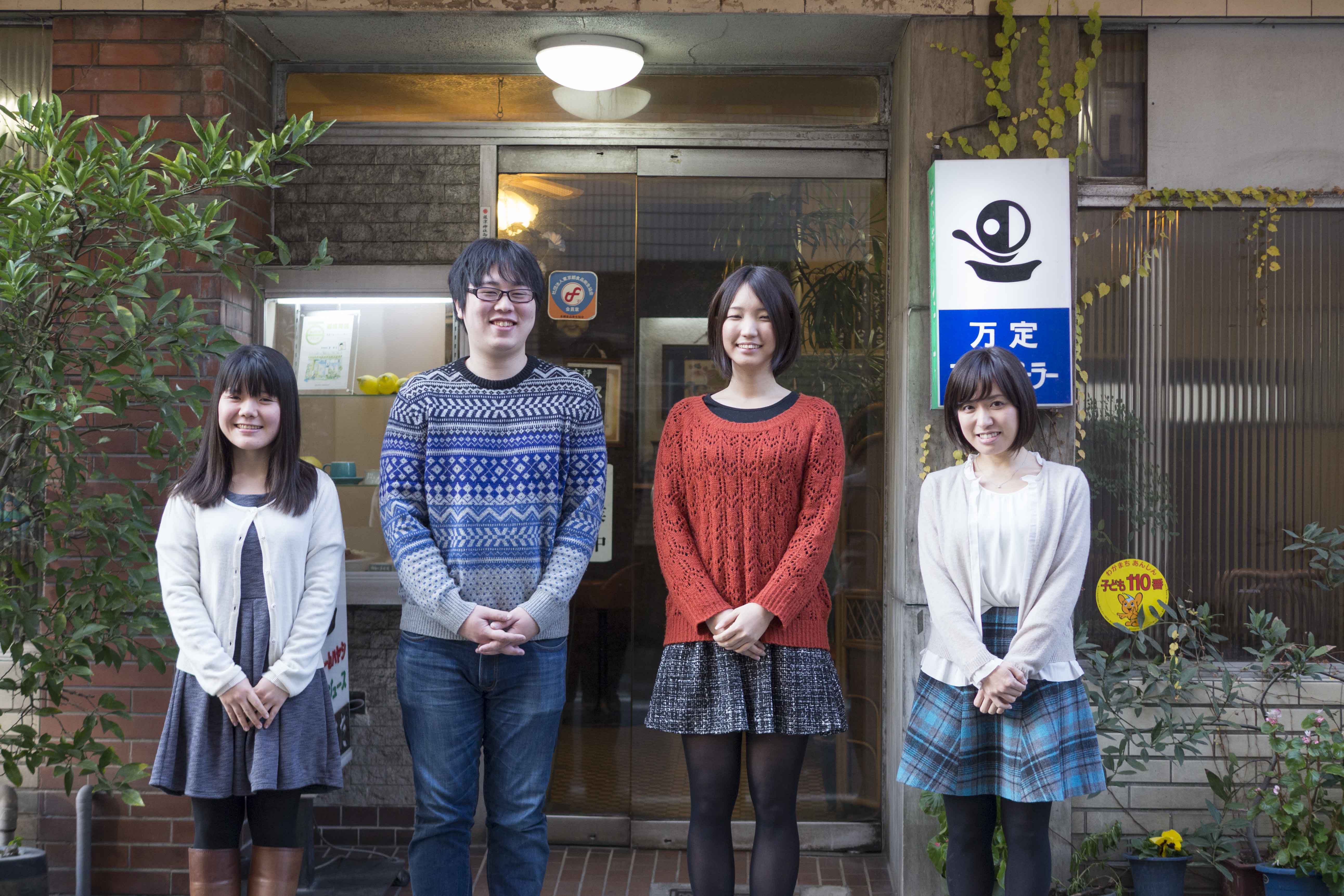
Group picture taken at Mansada Fruit Parlor located in front of the Hongo Campus Main Gate on Dec 25th, 2013.




